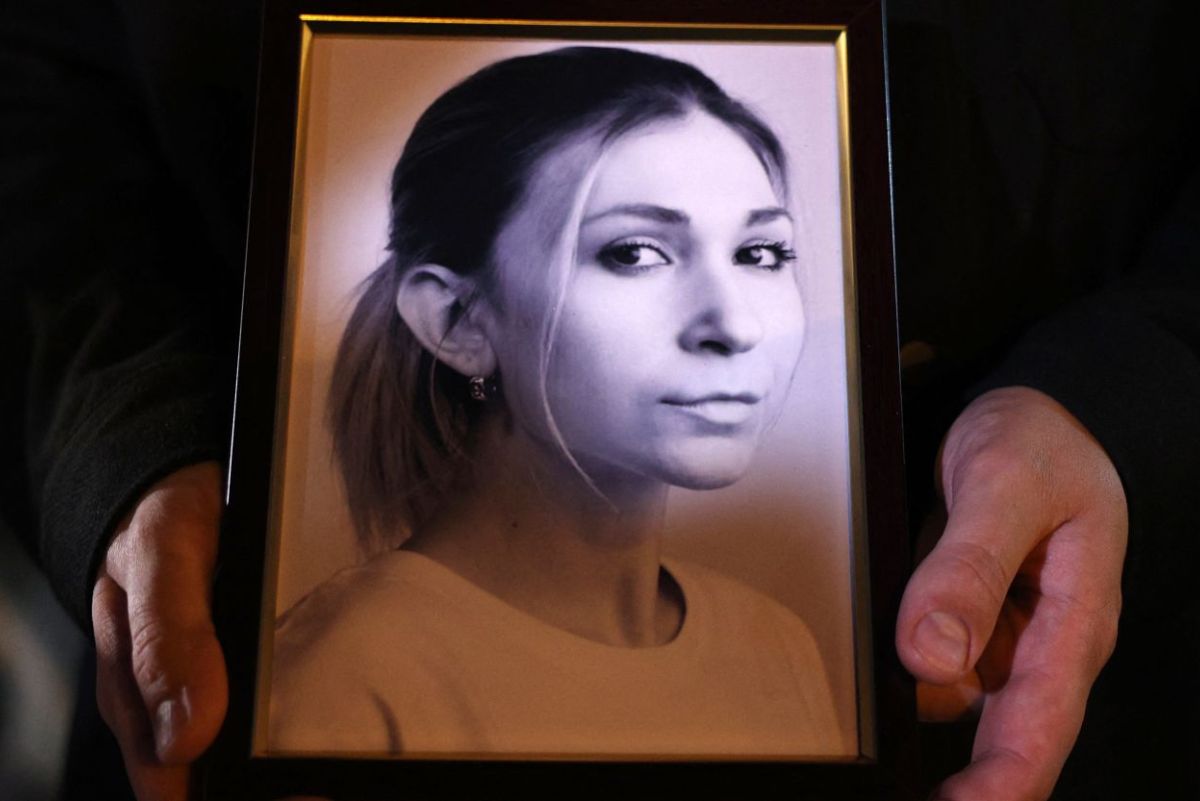According to BBC and Ukrainian media Ukrainska Pravda, Ukrainian journalist Victoria Roshchyna was discovered among the 757 bodies Russia repatriated to Ukraine as part of a war dead exchange. Her body was initially mislabeled as an unidentified male with coronary damage. However, forensic examiners found a handwritten tag reading “Roshchyna” on her leg, and DNA tests confirmed her identity.
Her remains were in a horrific condition: burns on her feet indicating electroshock torture, bruises, broken ribs, a fractured hyoid bone (common in strangulation cases), and the absence of both eyes and her brain. Ukrainian prosecutors say the condition of the body strongly suggests severe physical abuse and torture, although a definitive cause of death may be difficult to determine.

A Journalist Who Dared to Report from Occupied Zones
Victoria Roshchyna was one of the only journalists who repeatedly entered occupied zones to expose human rights violations. She had been reporting on secret Russian detention facilities and compiling names of FSB agents involved in interrogations and torture.

In 2022, she had previously been detained and later released by Russian forces but continued her work undeterred. She investigated sensitive stories, including the killings of two 16-year-old Ukrainian boys and the working conditions at the Zaporizhzhia Nuclear Power Plant.
In July 2023, she left Ukraine via Poland and Lithuania, eventually entering Russia and proceeding into occupied areas. She went silent on August 3, prompting her family to report her missing.
Eyewitness Accounts of Torture
A joint investigation by The Guardian, The Washington Post, and Ukrainska Pravda collected testimonies from former detainees, camp workers, and legal activists. They revealed that Roshchyna was transferred to Melitopol, where she was tortured with electric shocks and sustained knife wounds on her limbs.
She was later moved to the notorious Taganrog detention center inside Russia—a facility known for starvation, lack of medical care, and torture. Witnesses said she began losing her sanity, couldn’t stand, and eventually refused food. By the time of her death, her body weight had dropped to 30 kg (66 pounds).

In August 2023, she briefly spoke to her parents by phone and said she would be released in September. However, on September 13, she was not among the 49 prisoners repatriated. Weeks later, her father received a letter from the Russian military stating she had died on September 19.
A Global Outcry
Ukraine’s Prosecutor General has opened a war crimes investigation into Roshchyna’s death. The Ukrainian Foreign Ministry called for stronger international pressure on Russia over the systematic kidnapping of civilians.
According to Ukrainian estimates, over 16,000 civilians have been abducted by Russia since the start of the war—many of them journalists, aid workers, local officials, and religious leaders, held without charges in over 180 detention facilities across occupied territories and inside Russia.
The Guardian reports that evidence of war crimes is being gathered for future prosecutions, emphasizing that many detainees are held without legal grounds.
Roshchyna’s editor described her as “one of the bravest journalists I’ve ever met.” Her death stands as a chilling symbol of the risks journalists face in war zones—and the brutality inflicted on those who dare to reveal the truth.

